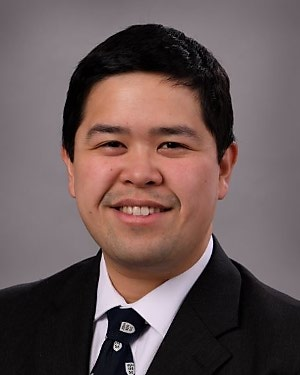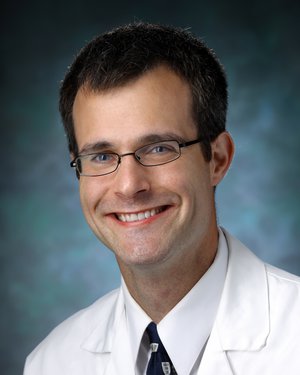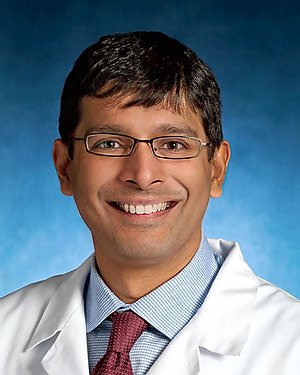Research Lab Results
-
Michelle Eakin Lab
The Michelle Eakin Lab conducts research on behavioral science and adherence and asthma outcomes in inner-city children. Our studies into behavioral science have included exploring the impact of medication adherence on lung health outcomes in patients with cystic fibrosis, disparities in anti-hypertensive medication adherence in adolescents and other key topics. We also investigate methods for improving asthma care and treatment as well as health disparities among various ethnicities, particularly in pediatric patients.
-
Michelle Belantoni Lab
Research interests in the Michelle Belantoni Lab include osteoporosis screening using heel ultrasonography and quality outcomes in post-acute care settings.
-
Medication Development for Drug Use Disorders
Our lab evaluates new medications and/or techniques for the treatment of drug use disorder by conducting human laboratory studies to sensitively assess drug effects, and randomized controlled trial evaluations of medications for clinical treatment outcomes. We also focus on the development of outcome measures that are sensitive and clinically relevant. -
Steven Menez Lab
Dr. Menez and his laboratory are interested in clinical and translational acute kidney injury (AKI) research, specifically with a focus on the transition between AKI and chronic kidney disease (CKD). Dr. Menez has investigated novel approaches to evaluate AKI using biomarkers of kidney injury, inflammation, and repair in the multi-center TRIBE-AKI and ASSESS-AKI Studies. Dr. Menez collaborates nationwide through the NIDDK-sponsored Kidney Precision Medicine Project, with a goal to improve the global understanding of kidney disease subgroups and identify new pathways and targets for novel therapies.
Since the start of the COVID-19 pandemic, he has additionally investigated the impact of COVID19 on kidney health, including short-term outcomes including need for dialysis or in-hospital mortality, as well as longer-term outcomes post-hospital discharge.
-
Timothy Niessen Lab
The Timothy Niessen Lab studies patient outcomes in the ICU. We are particularly interested in the effects of sleep quality, delirium transitions and sedation on the improvement of intensive care patients. Our investigators also focus on the practices of internal medicine interns, studying the variability of hand washing hygiene, etiquette-based communication and time spent in direct and indirect patient care. We have also studied the onset of myelopathy as a result of B12 deficiency from long-term colchicine treatment and recreational nitrous oxide use.
-
The Boss Lab
The Boss Lab's research focus is on patient experience, health disparities, and surgical outcomes and utilization. Studies include shared decision-making, communication, and patient/parent-reported outcomes for elective surgery in children; patient satisfaction metrics, outcomes, and health correlates in surgery and pediatrics; patient and family-centered care and communication in surgery and pediatrics; racial, ethnic, and socioeconomic disparities in pediatric surgical care utilization and outcomes; and quality and safety in pediatric surgical care -
Richard Chaisson Lab
Research in the Richard Chaisson Lab primarily examines tuberculosis and HIV infection, with specific focus on global epidemiology, clinical trials, diagnostics and public health interventions. Our recent research has involved evaluating a molecular diagnostic test for tuberculosis in HIV patients; observing TB responses during treatment of pulmonary tuberculosis; and examining antiretroviral therapy adherence, virologic and immunologic outcomes in adolescents compared with adults in Southern Africa.
-
Rahul Koka Lab
Research in the Rahul Koka Lab focuses on pediatric airways, patient safety and health disparities. Recent studies have focused on the relationship between socioeconomic status and perioperative outcomes and patient safety factors related to interoperative cardiac arrests. We also performed effects analyses of the maintenance and repair of anesthetic equipment in various medical environments. -
Richard Moore Lab
Research interests in the Richard Moore Lab include clinical epidemiology, costs, cost-effectiveness and outcomes of HIV/AIDS. We recently examined whether the effect of delaying antiretroviral therapy initiation in HIV-positive adults is modified by age at entry into care.
-
Romsai Boonyasai Lab
Research in the Romsai Boonyasai Lab focuses on systems-based approaches for improving health care quality, including reducing harm during care transitions after hospital discharge and improving outcomes related to hypertension and other chronic diseases. We recently have focused on developing and evaluating practice-based tools for improving the accuracy of blood pressure measurement, overcoming clinical inertia to treatment, and engaging patients in self-management of their health.



